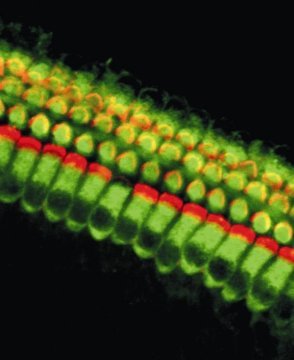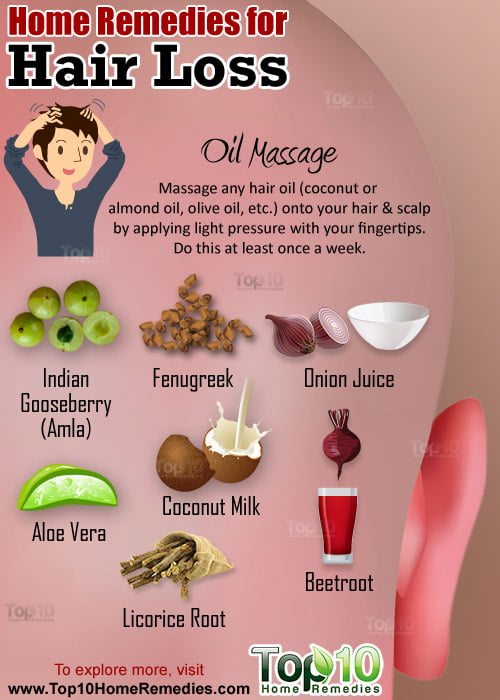If you are sitting at your desk at work and struggling to concentrate after about an hour or hour-and-a-half, you are not alone, it happens to the best of us! Welcome to ‘food coma’. Feeling sleepy, lethargic, drowsy or fatigued after meals is a common phenomenon and is referred to as ‘food coma’ or ‘carb coma’, also called ‘postprandial somnolence’.
As the name suggests, ‘post prandial’ means after a meal and ‘somnolence’ means a strong desire to sleep or a feeling of drowsiness. It may also be accompanied with extreme fullness, bloating, mental fogginess, difficulty in concentration and reduced attention span. While, this sleepiness may not be confined to the middle of the day, studies report that it is heightened post lunch compared to breakfast or evening.
What causes food coma? Food should not make us feel fatigued, in fact it should do the opposite, that is, we should feel energised. Increased sleepiness is thought to be caused by hormonal and neuro-chemical changes related to both quantity and type of food. The key is obviously in how much we eat and what we eat.
Some foods improve energy levels, while others may hinder it. Overeating results in foggy feeling and sluggishness. Food coma is often triggered by big meals and high carbohydrate and fat-rich meals. The bigger the meal, easier it is to slip into a food coma. Many scientific studies have also indicated that sleepiness increases after meals and that the extent varies according to the fat and carbohydrate content of the food eaten.
High carbohydrate and high glycemic index foods like rice, bread, cakes, cookies, sweets, desserts, fruit juices can cause fluctuations in blood sugar levels. High glycemic foods rapidly break down into glucose, the simplest form of sugar in our body, causing a spike in blood sugar levels. This is followed by a spike in insulin levels — the hormone secreted by the pancreas — to bring down blood sugar levels as quickly. The rapid rise in insulin also causes our brain to produce a neuro-transmitter like serotonin and melatonin that leave us feeling drowsy and sleepy. Wider fluctuations in blood sugar levels increase fatigue and lethargy.
Food coma can also come independent of the composition of the meal, if the meal is large. The response to a larger quantity or volume in the digestive tract triggers a response to the nervous system to induce sleepiness. Sleepiness due to ‘food coma’ should not be confused with daytime sleepiness as seen in ‘sleep apnoea’.
[source;indianexpress]




















